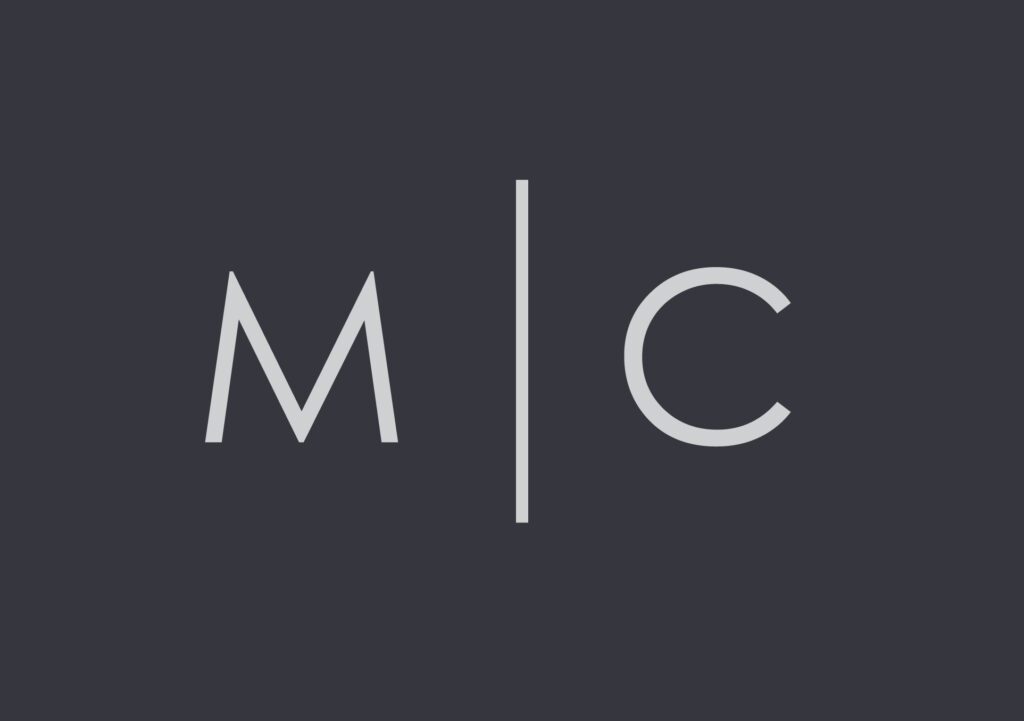Your Trusted
Bridge loan Lender
Why Choose Us as Your Bridge Loan Lender
Compared to institutional lenders, our bridge loans come with high leverage options, enabling you to secure a larger loan with less out of pocket.
Experience a seamless loan process through our interactive and easy to navigate loan portal, reducing the time and complexity for your loan’s approval.
We pride ourselves in open and honest communication throughout the loan process, ensuring that all parties are aligned, informed and on the same page every step of the way.
Our experienced team is here to provide the guidance and support you need throughout the loan process.

How to Apply for Bridge Loans
Contact Us
Loan Application
Lending Guidelines for Bridge Loans
- Asset types
- SFR 1-4, Subdivisions, Condos, Townhomes, Multifamily 5+ & Mixed-Use
- Loan Terms
- 3 - 24 Months
- transaction types
- Purchase, Rate/Term & Cash-Out
- Max ltv
- Up to 75%
- loan amounts
- $500,000 - $20,000,000+
- interest rates
- 9.50 - 11.99%
- Origination fees
- Starting at 1.5%
- Borrower Recourse / Guarantees
- Full Recourse / Personal Guarantees Required (limited by exception)
- Lending markets
- Nationwide (major metro and secondary markets only)
Frequently Asked Questions (FAQ)
A bridge loan for real estate is a short-term loan that provides immediate financing to bridge a gap between two transactions, typically the purchase of a new property and the sale of an existing one.
These loans essentially “bridge” the gap in financing, allowing investors to access quick capital for their new property. Once the sale of the property is completed, they can repay the bridge loan. This flexible financial tool offers a practical way to secure other investment properties without the constraints of waiting for conventional financing.
Residential bridge loan terms are typically short, ranging from a few months to a few years. They are designed to be repaid once the borrower secures permanent financing through a traditional mortgage or the sale of the property.
The primary purpose of a bridge loan mortgage is to provide short term financing to facilitate the financing of a new property with the end goal being a permanent refinance or sale of the property.
Bridge loans can be used to finance various types of properties, including residential single family (SFR), multifamily, commercial, mixed-use and entitled land.
Bridge loans differ from traditional loans in terms of their short-term nature and higher interest rates. They are not intended for long-term financing but rather for temporary use to bridge the financial gap between property transactions.
Interest rates for bridge loans are generally higher than those for traditional mortgages, often ranging between 7% to 13%, depending on the borrower’s financial situation and market conditions.
In some cases bridge loans do have upfront due diligence fees.
While bridge loans are more accessible than traditional mortgages, lenders still require borrowers to meet certain qualifications, including having sufficient equity or down payment and a clear exit strategy for the loan.
A bridge loan offers the invaluable advantage of quick and flexible financing, allowing you to seize time-sensitive real estate opportunities. It serves as a valuable tool in competitive markets, helping secure new investment opportunities promptly. This flexibility can be a game-changer, particularly when the timing of property transactions is critical. A potential con of using a bridge loan is the higher interest rates, which can increase overall borrowing costs for the borrower.




